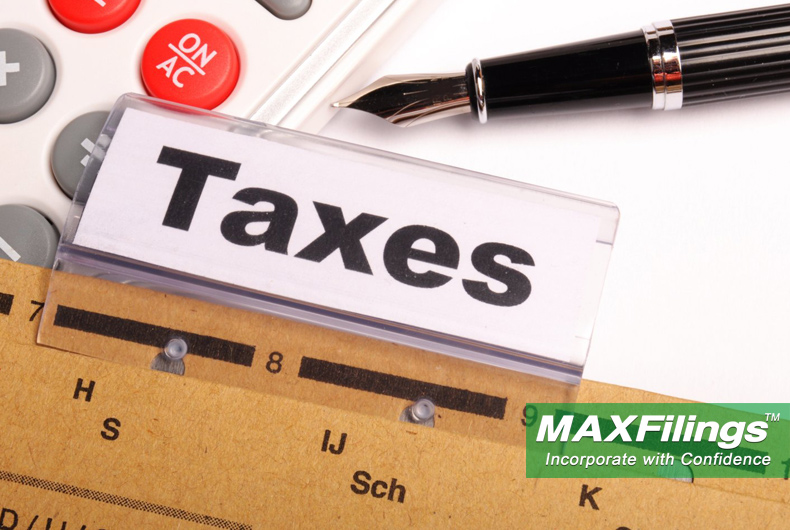
Where is the best state to set up your business, at least for tax purposes?
That question received its annual answer with the release of MaxFilings’ 1-50 rankings. The final rank is determined by evaluating 5 key aspects of each state’s tax code—rates on corporate income, individual income, sales taxes, property taxes and unemployment insurance taxes.
Let’s take a look at the 10 best states to incorporate, how they got there and what it means for you as an entrepreneur.
1. Wyoming
Wyoming is consistently at the top of this list and the prime reason why is because of its best-in-the-nation rankings for both corporate and individual income taxes. The state also has a low sales tax. These 3 factors offset below-average numbers on property and unemployment insurance taxes.
2. South Dakota
South Dakota has a similar profile to Wyoming, but its sales taxes are significantly higher. However, the higher sales tax rate is balanced by a stronger situation on property tax, helping this state hold down the #2 spot.
3. Alaska
Here’s where we start to see some differences in the highest-performing states. Alaska actually ranks in the middle of the pack for corporate taxes but uses enticing low rates on both individual income and sales taxes to retain an attractive tax code.
4. Florida
Florida is the first state on the board to rank in the top half of all 5 categories (i.e., in the top 25). The Sunshine State is also the first of the high-ranking states to use a very low rate on unemployment insurance as a key part of their sale to businesses.
5. Montana
Sometimes 1 area of strength is all it takes. Take Montana, for example, with its very low sales taxes. None of the other areas are really standouts, but at the same time none are really all that bad either.
6. New Hampshire
Residents of the 6 tightly-packed New England states know that New Hampshire, with no sales tax, is the place to go shopping. That, along with low rates on personal income, makes the Granite State attractive, even as the other 3 areas have higher tax rates.
7. Nevada
There is no income tax in Nevada and property taxes are low. The state is also seeing an influx of potential workers who are seeking to leave high-tax California. The advantage of the labor market underscores a key lesson for entrepreneurs: while the tax code of a state is very important, other factors must also be considered.
8. Utah
Another state that is in the top half of the nation in all 5 categories, Utah’s particular strength is low property taxes in a state that has a lot of open land.
9. Indiana
The Hoosier State offers a steady and comprehensive package that includes manageable rates on corporate and individual income, along with reasonable sales taxes. Indiana then makes entrepreneurs the proverbial “offer they can’t refuse” by offering the second-best property tax situation in the U.S.
10. North Carolina
A rising economic force, North Carolina is the only new entrant in this year’s Top 10. The state’s tax structure makes a very direct appeal to businesses—low corporate rates and low taxes on unemployment insurance. As far as the other 3 categories, while none are particularly strong, none are particularly onerous either.
What’s the takeaway?
Even this casual glance at the top 10 underscores one important fact—there is no one-size-fits-all formula for having a business-friendly tax code. Each state on this list is a good place to incorporate and each does it in its own way.
That means that entrepreneurs need a clear-eyed understanding of exactly what they’re looking for. For example, a startup that requires a large-scale physical operation will need to weigh property taxes heavier than a retail startup that might be more focused on sales taxes. A stay-at-home business might be looking at personal income taxes.
Furthermore, as alluded to above, there are factors beyond the tax code that businesses need to consider. What is the market for your product? It does little good to have a great tax situation if the people in a certain region aren’t the best prospects for your business. Entrepreneurs in highly skilled startups like tech or R&D may want to be near top universities for the purposes of recruitment. The final decision is one that can only be made by the individual entrepreneur. However, the tax structure of a state is going to be a vital part of that decision. You don’t need us to tell you that profit margins can be razor-thin and every dollar counts. That’s why we encourage you to take a more detailed look at the map to consider all your options.


